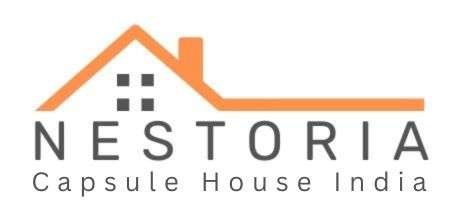Take the time to explore topics that may interest you
Find out how we create safer, smarter, more beautiful, and affordable tiny homes.
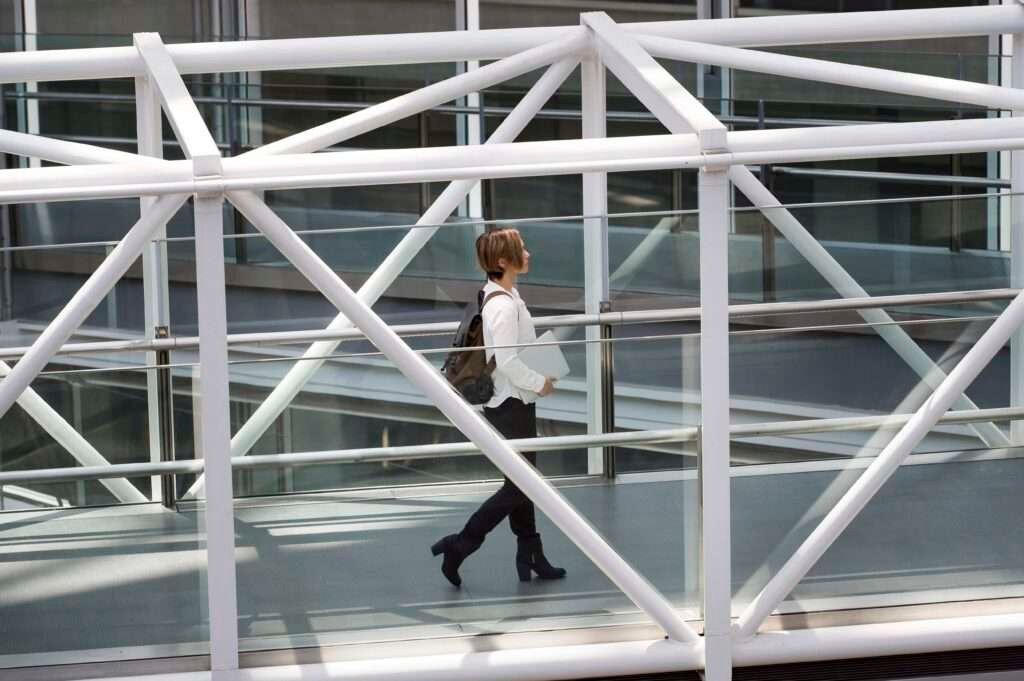
The A36 steel structure offers strength, durability, and pest resistance.
Galvanized steel is steel that has been coated with a layer of zinc to protect it from corrosion. This coating helps to prevent rust and extends the lifespan of the steel, making it a popular choice for various construction applications, including buildings, bridges, pipelines, and outdoor structures.
Corrosion Resistance: The primary benefit of galvanized steel is its excellent corrosion resistance. The zinc coating acts as a barrier, protecting the underlying steel from exposure to moisture, oxygen, and other corrosive elements. This makes galvanized steel structures suitable for use in environments where corrosion is a concern, such as coastal areas or industrial settings.
Strength and Durability: Galvanized steel is known for its strength and durability. It has a high tensile strength, which means it can withstand heavy loads and structural stresses. Additionally, the zinc coating provides an extra layer of protection against physical damage and abrasion, further enhancing the steel’s durability.
galvanized steel welding
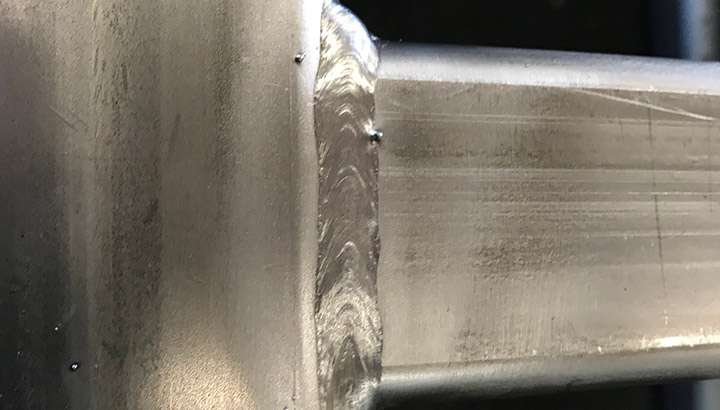
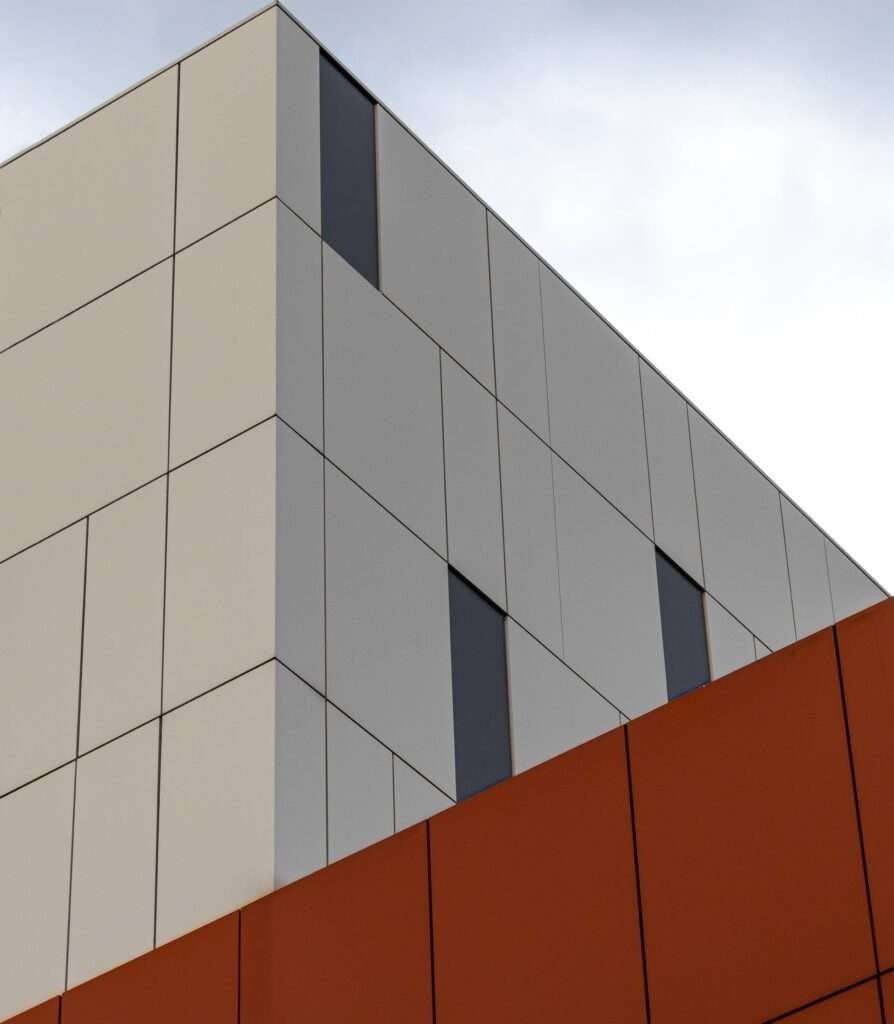
Durable and Weather-resistant/Aluminum Composite Panel
Lightweight: ACP sheets are lightweight compared to traditional building materials like concrete or steel. This characteristic makes them easier to handle and install, reducing labor costs and construction time.
Durable and Weather-resistant: ACP sheets are highly durable and weather-resistant. They can withstand harsh weather conditions, including rain, sunlight, and temperature fluctuations, without deteriorating or losing their aesthetic appeal. This durability makes them suitable for both interior and exterior applications.
Fire Retardant: High-quality ACP sheets are manufactured with fire-retardant properties, making them suitable for use in buildings where fire safety is a concern. The aluminum layers in ACP sheets help to prevent the spread of fire, providing an added layer of protection to the structure.
Thermal and Sound Insulation: ACP sheets offer thermal and sound insulation properties, helping to regulate indoor temperatures and reduce noise transmission. This can contribute to energy efficiency and improve the comfort of occupants within buildings.
anti-corrosive paint on welded surfaces
Applying anti-corrosive paint on welded surfaces offers several benefits, particularly in industries or environments where corrosion is a significant concern. Here are some of the key advantages:
Corrosion Protection: The primary benefit of using anti-corrosive paint on welded surfaces is to protect them from corrosion. Welded joints are often vulnerable to corrosion due to the removal of the protective coating during the welding process. Anti-corrosive paint forms a barrier between the metal surface and the surrounding environment, preventing moisture, oxygen, and other corrosive agents from reaching the metal and causing corrosion.
Extended Service Life: By providing a protective barrier against corrosion, anti-corrosive paint helps extend the service life of welded structures and components. It helps maintain the structural integrity and appearance of the metal surfaces over time, reducing the need for frequent repairs or replacements.
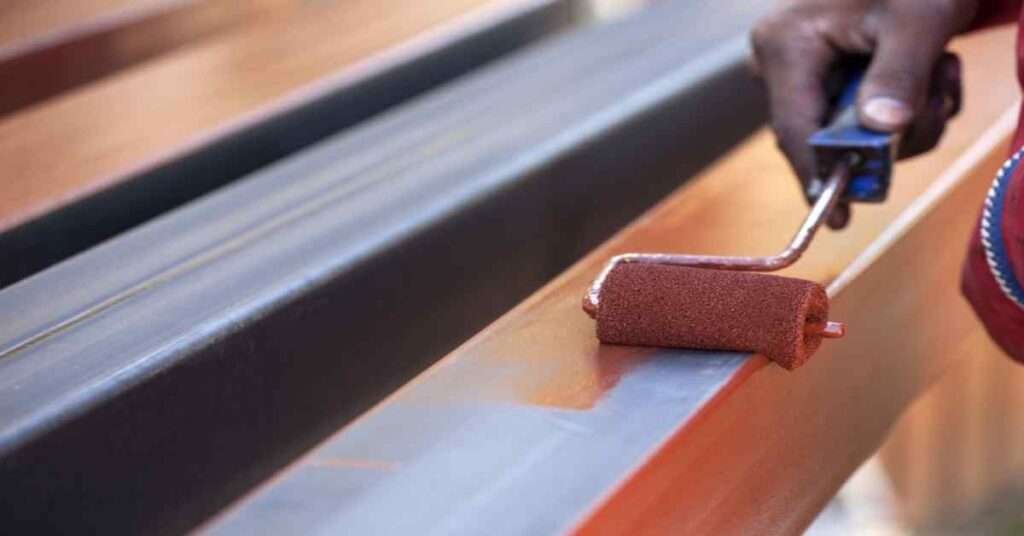
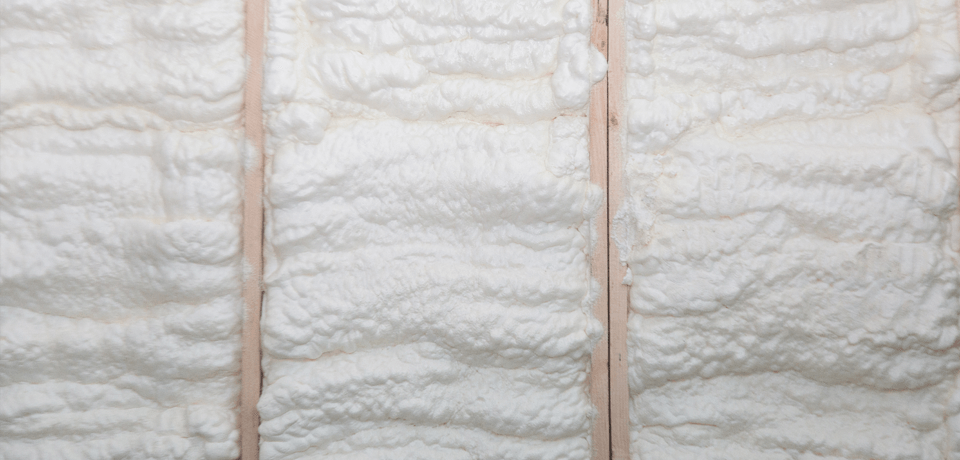
The polyurethane walls and roof provide high R-value insulation for year-round comfort.
Spray foam insulation is a type of insulation that is applied as a liquid and then expands into a foam. It’s commonly used to insulate buildings, homes, and other structures to improve energy efficiency and reduce heating and cooling costs.
Application: Spray foam insulation is applied using specialized equipment that mixes two chemical components—polyol resin and isocyanate—under high pressure and sprays them onto surfaces. When these chemicals mix, they react and expand to form foam, which adheres to the surfaces and fills gaps and cracks.
Benefits:Excellent insulation: Spray foam insulation forms a continuous barrier that helps prevent air leaks and heat transfer, leading to improved energy efficiency.
Air and moisture barrier: The foam’s expansion fills gaps and seals out air and moisture, helping to prevent mold and moisture-related issues.
Longevity: Spray foam insulation is durable and can last for many years without needing replacement.
Double Glazed Unit (DGU)
A Double Glazed Unit (DGU) is a type of insulating glass unit (IGU) commonly used in windows and doors. It consists of two panes of glass separated by a spacer and sealed around the edges to create a sealed air or gas-filled cavity between the glass panes.
Improved Insulation: The air or gas-filled cavity between the glass panes provides thermal insulation, helping to reduce heat transfer through the window or door. This can improve energy efficiency and help maintain a more consistent indoor temperature, reducing heating and cooling costs.
Sound Insulation: Double glazed units also provide better sound insulation compared to single-pane windows. The sealed air or gas-filled cavity helps to dampen sound transmission, reducing noise from outside sources.

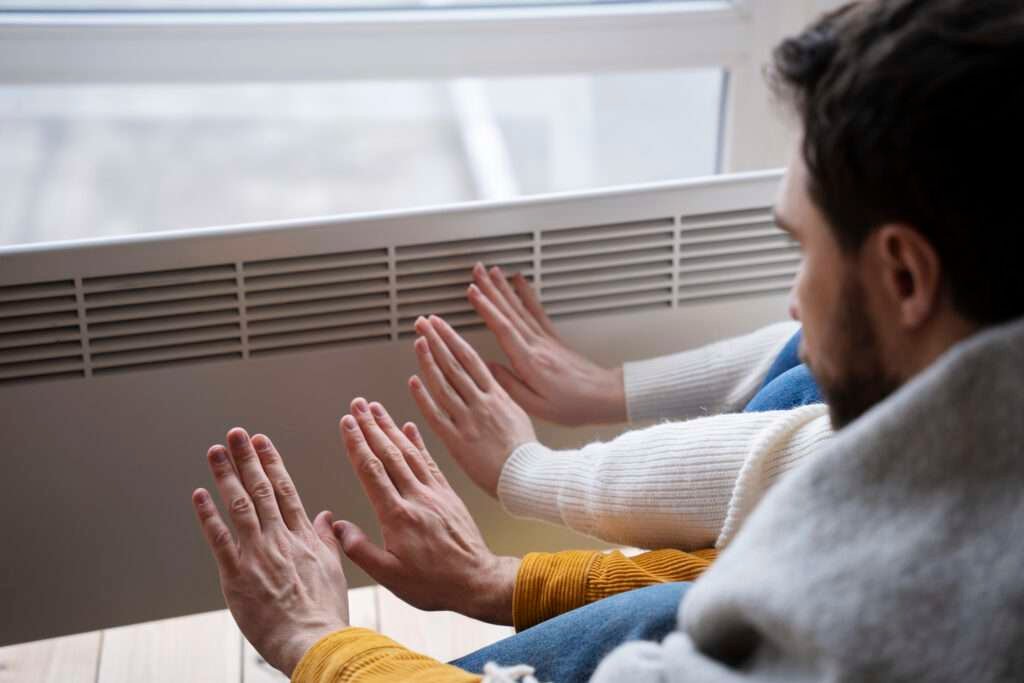
Central air conditioning systems
- Whole-House Cooling: Central air conditioners are designed to cool an entire home evenly, providing consistent comfort throughout different rooms and levels of the house.
- Efficient Cooling: Central AC systems are typically more efficient than individual window units or portable air conditioners. They can cool a larger area with less energy consumption, leading to potential cost savings on electricity bills
- Improved Indoor Air Quality: Central air conditioning systems often include air filters that help remove dust, allergens, and pollutants from the indoor air, creating a healthier and more comfortable living environment.
- Convenient Control: Central AC systems can be controlled through a thermostat, allowing homeowners to easily adjust the temperature and schedule cooling cycles according to their preferences. Some systems even offer smart thermostats that can be controlled remotely via smartphone apps.
- Quieter Operation: Compared to window units or portable air conditioners, central AC systems tend to operate more quietly since the noisy components, such as the compressor and fan, are located outside the house.
- Increased Home Value: Installing a central air conditioning system can enhance the value of a home, making it more attractive to potential buyers, especially in regions with hot climates where air conditioning is considered essential for comfort.
Vinyl Flooring
Durability: Vinyl flooring is known for its durability and resistance to wear and tear. It can withstand heavy foot traffic, making it suitable for high-traffic areas like hallways, kitchens, and living rooms.
Water Resistance: Many vinyl flooring products are water-resistant or waterproof, making them ideal for use in areas prone to moisture, such as bathrooms, kitchens, and basements. This feature helps prevent water damage and makes vinyl flooring easy to clean and maintain.
Versatility: Vinyl flooring comes in a wide range of styles, colors, patterns, and textures, allowing homeowners to achieve various looks, from hardwood and stone to tile and contemporary designs. Some vinyl flooring products even mimic the look and feel of natural materials like wood and stone at a fraction of the cost.
Comfort: Vinyl flooring offers a comfortable and resilient surface underfoot, providing cushioning and support. It can help reduce noise transmission and minimize fatigue, making it a comfortable flooring option for everyday living.
Easy Maintenance: Vinyl flooring is relatively low-maintenance and easy to clean. Regular sweeping and occasional mopping with a mild detergent are typically all that’s needed to keep vinyl floors looking clean and fresh.
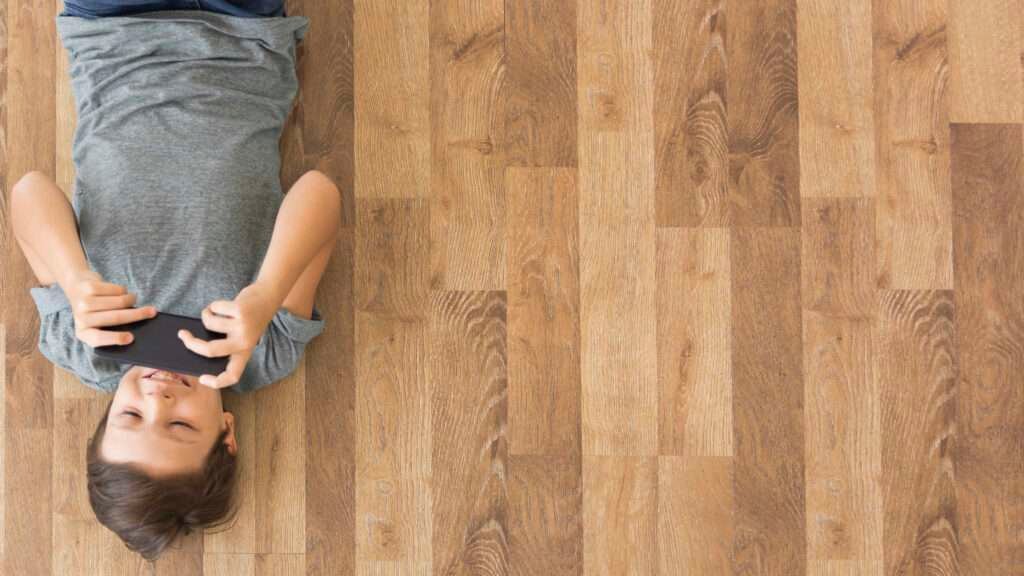

UV marble sheets Washroom
- Appearance: UV marble sheets are crafted to closely resemble the appearance of natural marble, including its veining, color variations, and textures. They offer a luxurious and elegant aesthetic that can enhance the look of interior spaces such as kitchens, bathrooms, and living areas.
- Durability: UV marble sheets are highly durable and resistant to scratches, stains, and impact damage. Unlike natural marble, which can be prone to scratching and etching, UV marble sheets maintain their appearance and integrity over time, even in high-traffic areas.
- Water Resistance: UV marble sheets are inherently water-resistant, making them suitable for use in wet areas such as showers, backsplashes, and countertops. They do not absorb moisture, which helps prevent the growth of mold, mildew, and bacteria.
- Easy Maintenance: UV marble sheets are easy to clean and maintain. They can be wiped down with a damp cloth and mild detergent to remove dirt, grime, and spills. Unlike natural marble, which requires periodic sealing and polishing, UV marble sheets retain their luster without the need for extensive maintenance
Off-grid Solar Supported/Optional
Designing a capsule house with solar support for off-grid living involves several considerations to ensure energy efficiency, sustainability, and self-sufficiency. Here are some key elements to incorporate:
Solar Panels: Install high-efficiency solar panels on the roof or exterior walls of the capsule house to capture sunlight and convert it into electricity. Opt for monocrystalline or polycrystalline panels that can generate sufficient power to meet the energy demands of the house.
Battery Storage: Integrate a battery storage system to store excess solar energy generated during the day for use during periods of low sunlight or at night. Lithium-ion batteries are commonly used for their high energy density, reliability, and long lifespan.
Off-Grid Power Management: Implement an off-grid power management system to regulate the flow of electricity between solar panels, batteries, and household appliances. Include inverters, charge controllers, and monitoring devices to optimize energy usage and prevent overcharging or discharging of batteries.
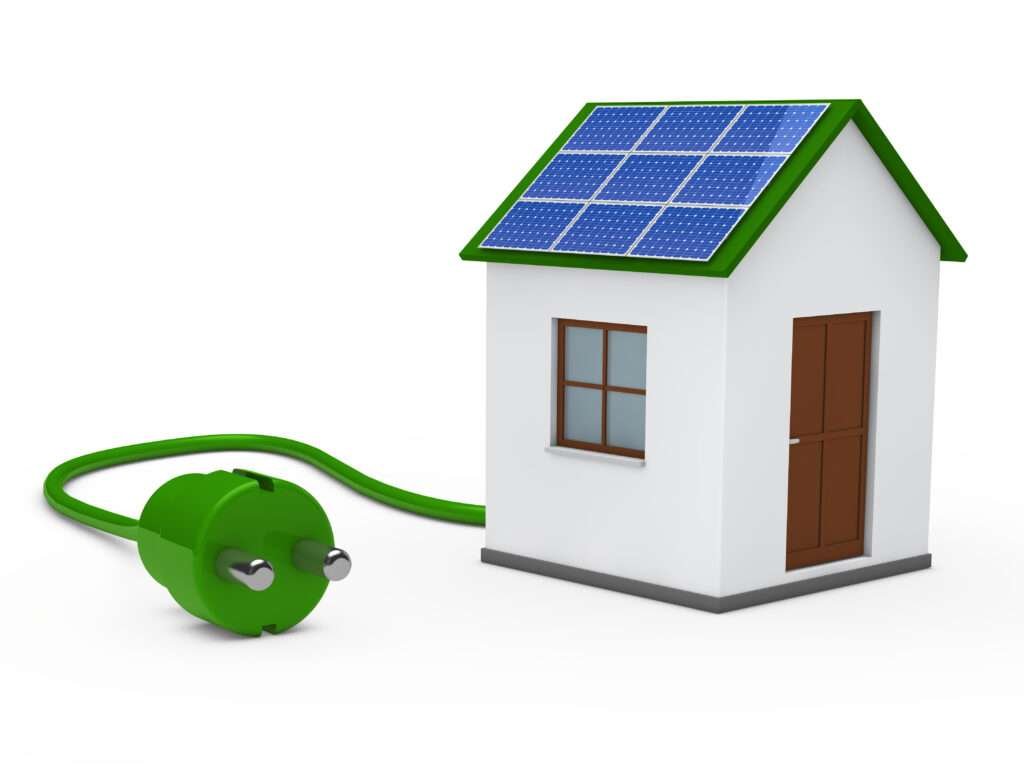

Free to Move
Modular Construction: Free to Move houses are often constructed using modular building techniques, which involve prefabricating components off-site and assembling them on location. This allows for efficient construction and easy transportation of the house modules.
Lightweight Materials: To facilitate mobility, Free to Move houses are typically constructed using lightweight and durable materials. These materials help keep the overall weight of the house manageable for transportation purposes.
Portability: Free to Move houses are designed to be transported using trucks, trailers, or other means of transportation. They may feature built-in lifting points or mechanisms to facilitate loading and unloading onto transport vehicles.
Road Compliance: Since Free to Move houses are meant to be transported on roads, they must comply with transportation regulations regarding size, weight, and safety. This includes ensuring that the house dimensions are within legal limits and that it is securely fastened during transportation.
Foundation Options: Free to Move houses may be designed to be placed on various types of foundations, including concrete slabs, pier-and-beam foundations, or even temporary supports. This flexibility allows the house to be easily set up and leveled at different locations.
